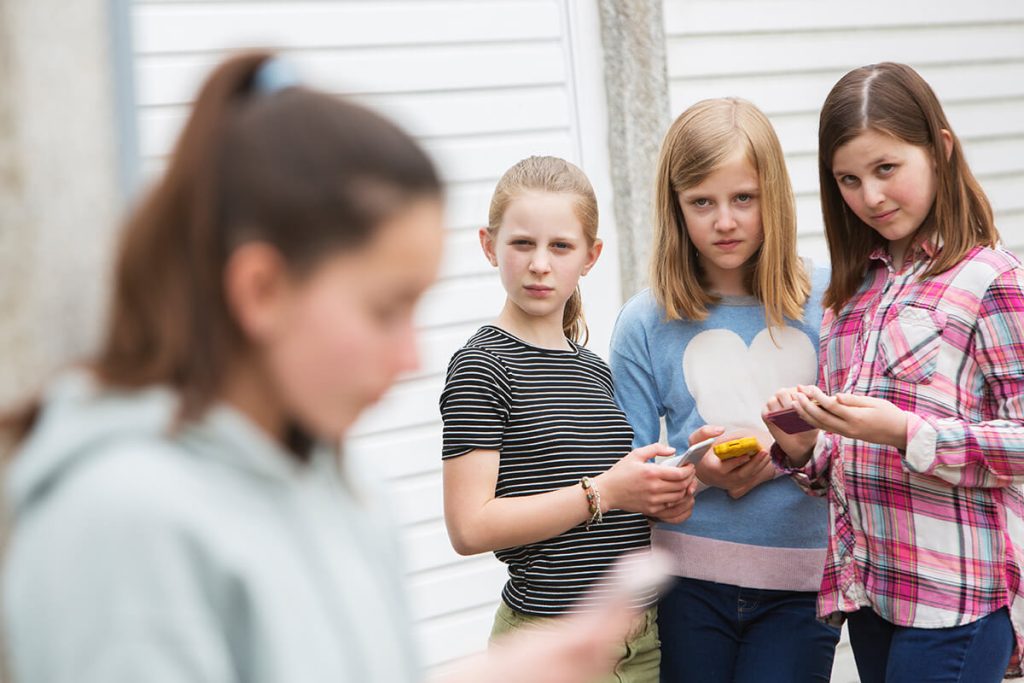
What to Do If Your Child Is the Bully – Understanding the Bully
As a parent, hearing that your child is involved in bullying can be distressing. You may feel confused, angry, or worried about how this behavior could affect their future. The first step is to stay calm and avoid jumping to conclusions. With guidance and support, you can help your child change their behavior and move in a positive direction. When you first learn that your child is bullying others, listen carefully. Talk openly and honestly, creating a safe space for them to share. Avoid harsh language or blame, as that can lead to defensiveness. Ask questions to understand their feelings and motivations. Sometimes children bully because they feel powerless or are copying behavior they see elsewhere. Identifying the reasons behind their actions helps you address the root causes.
Set clear consequences for bullying. Make sure your child understands that such behavior is unacceptable and explain the impact on others. Consequences should create accountability and encourage learning, not just punishment. Model empathy yourself. Children learn from watching how you interact with others. Show kindness and respect in daily life, and talk about how you manage conflict without resorting to unkind behavior. Encourage your child to participate in positive activities such as sports, clubs, or community service. These experiences build healthy relationships, empathy, and teamwork while reducing the need to assert control over others.

Work with your child’s school. Communicate with teachers, counselors, and administrators to understand contributing factors like stress or social struggles. Schools often have resources to support both victims and children who bully. Collaboration ensures your child has consistent support. Change takes time, so be patient. Celebrate small improvements and reinforce good choices. Positive encouragement strengthens self-esteem and motivates better behavior. If needed, seek professional help. A counselor or therapist can work with your child on emotional issues, social skills, and conflict resolution. Building a strong support system will help them succeed.
If your child is bullying others, respond with empathy and clear guidance. Through open communication, consistent consequences, positive modeling, and supportive activities, you can help them learn respect and kindness. Change requires effort, but with patience and support, your child can develop healthier ways of interacting with others.
#BullyingPrevention #ParentGuide #SupportYourChild #EmpathyInAction #PositiveParenting #ChangeBehavior #SchoolBullying
